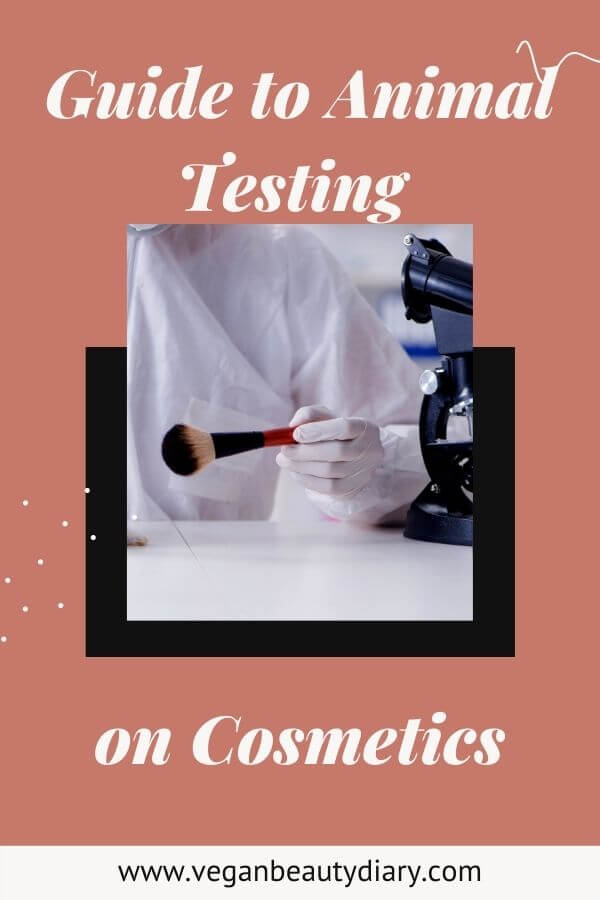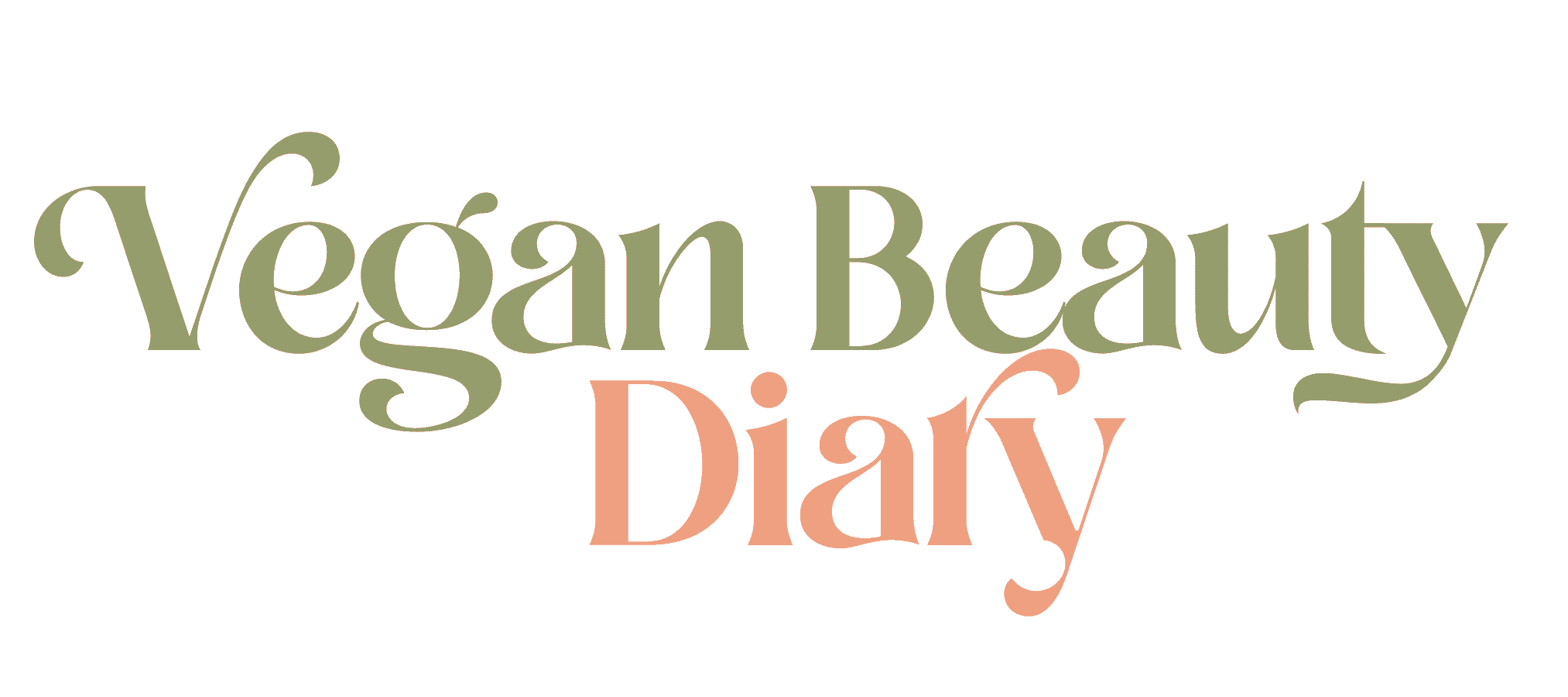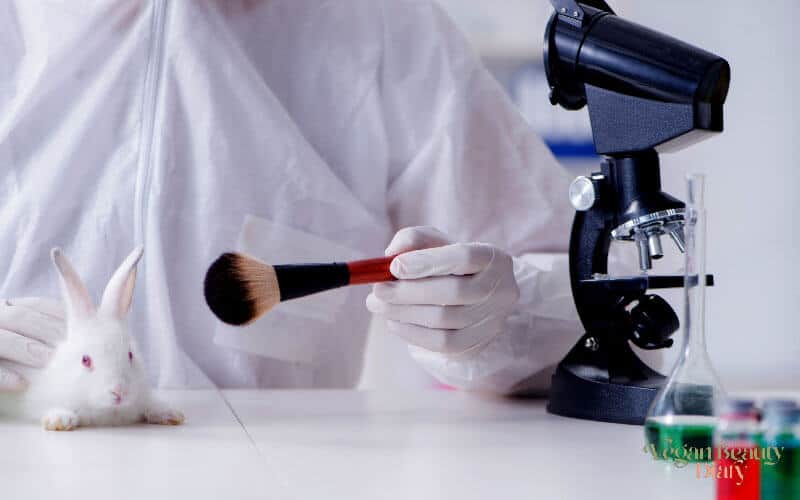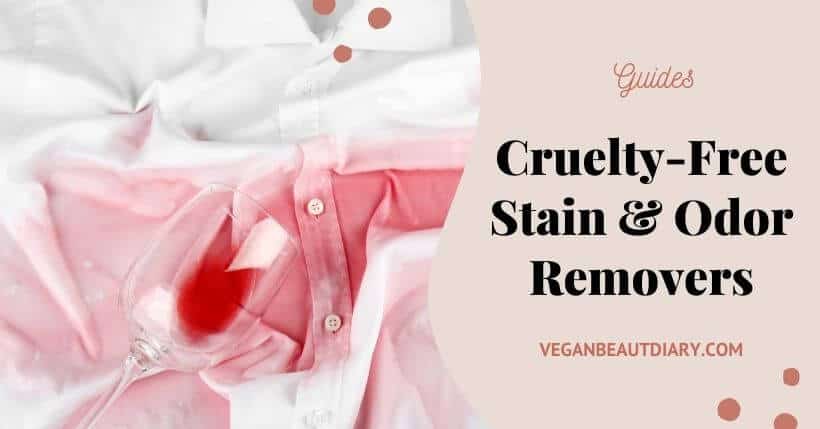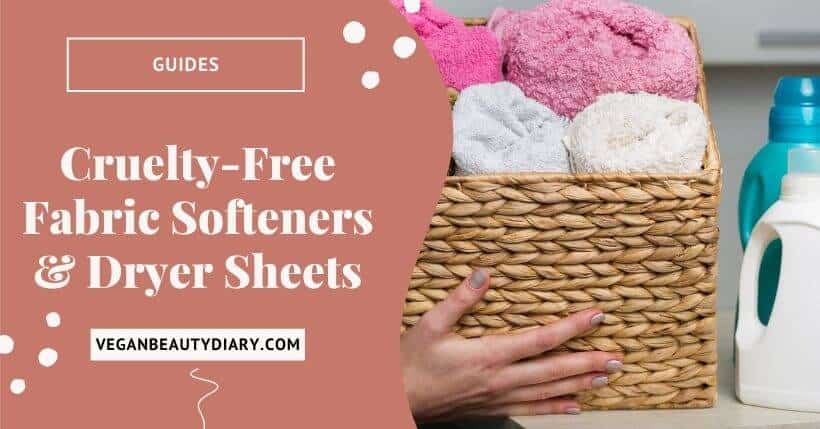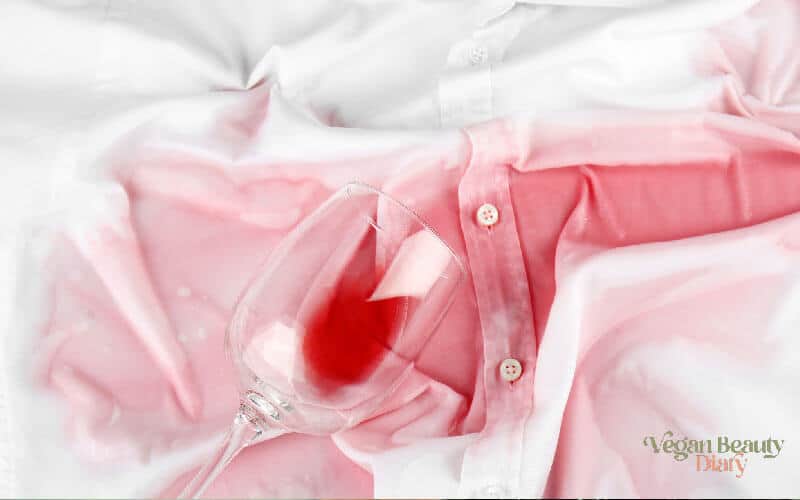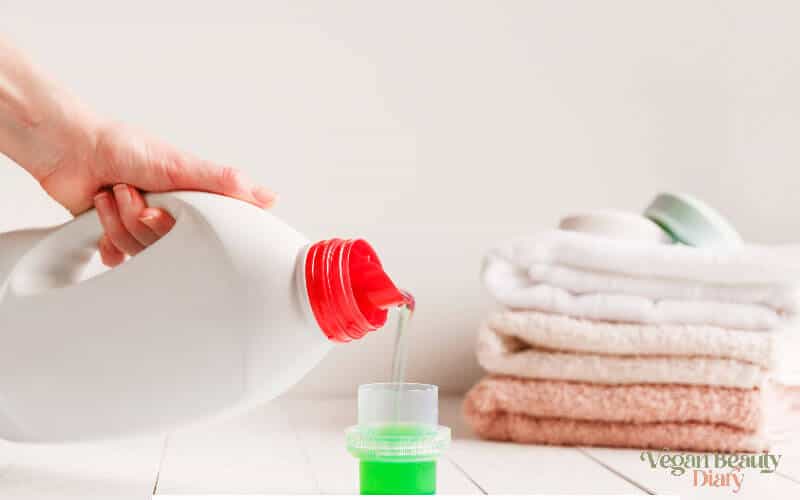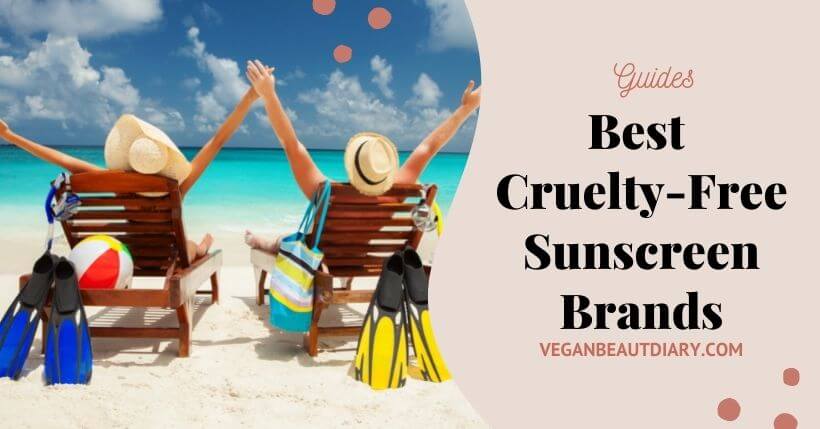Animal Testing On Cosmetics What You Need To Know
Cruelty-Free Lifestyle 101
Have you ever seen a pig wearing lipstick? Or a cat wearing mascara? I’m guessing your answer is no right!? Because animals don’t wear makeup, perfume, or use facial cream.
Then why is it ok to conduct animal testing on cosmetics that only people use?
It’s not…
It’s not okay that 100 million animals around the world are being tortured and killed each year.
Look I’m not here to scare you or make you feel guilty about products you might have used an hour ago. My goal is to make you aware of what is being done unnecessarily to our furry friends so that you can make better choices tomorrow.
By the end of this post, you’ll know the basics of animal testing, specific animal testing policies, and how to transition to a cruelty-free lifestyle.
Animal Testing 101
Before you get into the nitty-gritty, you need to know what is animal testing? Basically, animal testing is any procedure performed on living animals for the purpose of scientific research.
Scientists conduct these experiments to test out new medicines, learn about diseases, and check the safety of cosmetics and household cleaners.
Types of Animal Experiments
Scientists will use rats, rabbits, guinea pigs, cats, dogs, and other animals to conduct the below experiments.
As you’re reading this list try substituting the word ‘animal’ for ‘child or person’ to fully understand how despicable and inhumane these experiments truly are.
- Making an animal forceful eat or breathe toxic substances.
- Injecting an animal with harmful chemicals.
- Exposing an animal to high levels of drugs or infectious diseases that will cause pain, illness, or death.
- Genetically manipulating an animal’s DNA.
- Surgically removing animals’ organs or tissues to deliberately cause damage.
- Purposely injuring or burning an animal to study the healing process.
You would think that after all these horrible experiments are done they would put the poor creature out of its misery.
Well, that’s just not the case.
The animals that aren’t fortunate to die during their experiment are either used for another one or outright killed.
“The history of cancer research has been a history of curing cancer in the mouse…we have cured mice of cancer for decades and it simply didn’t work in humans.” Dr. Richard Klausner, Director of the National Cancer Institute
Animal Testing Policies On Cosmetics
In the cruelty-free community, any time you hear about cosmetics you’re sure to hear about China. They are one of the few countries that still require animal testing on cosmetics.
Let’s take a moment and define cosmetics. It is any substance that is applied to or placed into contact with the external parts of the human body for the purpose of cleansing, deodorizing, beautifying, or altering the appearance.
The following products are classified as cosmetics in most countries:
- Lotion
- Lipstick
- Nail Polish
- Perfumes
- Hair Color
- Deodorant
- Soap
- Shampoo & Conditioner
- Toothpaste
- Makeup
US Animal Testing Policy
The Federal Drug Administration, FDA, does not have a concrete policy on animal testing. They are neither for nor against it. Nor do they require testing or approval before a product hits the market.
“It remains the responsibility of the manufacturer to substantiate the safety of both ingredients and finished cosmetic products prior to marketing.” But in cases where animal testing is used, “FDA advocates that research and testing derive the maximum amount of useful scientific information from the minimum number of animals and employ the most humane methods available within the limits of scientific capability.”
In my opinion, there isn’t a real humane way to conduct animal testing and the FDA policy is very wishy-washy.
So US-based cosmetics companies need to step up.
They should make the decision to be cruelty-free from the beginning and not wait for the government to regulate their morals.
European Union Animal Testing Policy
On March 11, 2013, a full ban on animal testing went into effect. This ban prohibits the marketing and testing of finished cosmetic products and ingredients on animals in the EU.
Even though this ban is in effect not all products in the EU are considered cruelty-free because they are sold in China.
Does China Require Animal Testing?
Now let’s talk about China. Many American and European companies want to enter China’s market. There are literally billions of dollars to be made and many want a piece of the pie.
In China, cosmetics fall into two categories, non-special use, and special use.
- Non-special use: hair care, nail care, skincare, perfumes, and makeup
- Special use: Hair growth products, hair dye, hair perm, hair removal, breast shaping, deodorant, sunblock, and skin-whitening.
Non-special use cosmetics manufactured in China do not require animal testing.
However, special use cosmetics manufactured in China and foreign cosmetics imported to China require mandatory tests at an approved facility…
And guess what they use for the test….animals!
So even if a product is manufactured elsewhere and is cruelty-free in that country, once imported to China that status is revoked.
There aren’t any options to get around this testing at the moment but change is in the air.
The infographic from Ethical Elephant really explains China’s animal testing laws well.
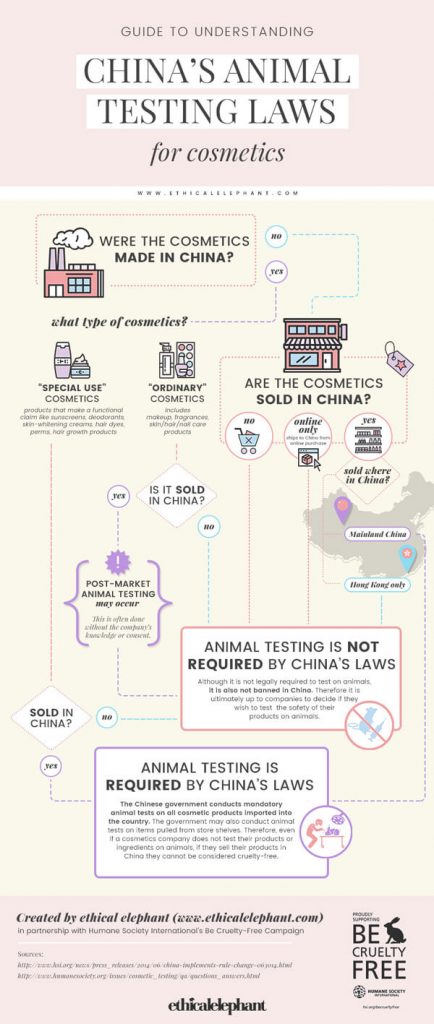
What About China’s New Animal Testing Laws?
China has announced that as of May 1, 2021, general cosmetics such as shampoo, body wash, lipstick, lotion, and makeup can be sold without being tested on animals. However, a company is required to jump through various hoops for this to happen. As of now, no brand has not been exempt and their products can still be tested on animals by the Chinese health authority. Even if an exemption happens it is still possible that the products can be subjected to post-market testing.
What Does Cruelty-Free Mean?
According to the dictionary, cruelty-free is a cosmetic or other product developed without being tested on animals; pertaining to a product created without being tested on animals.
They’re a bit more to that definition when it comes to cosmetics. For a product or company to be considered cruelty-free it needs to meet the following criteria:
- Does not test their products or ingredients on animals
- Does not authorize third-parties to test their products or ingredients on animals
- Does not sell in a country where animal testing is required
Let’s be real for a moment. At some point, every ingredient that is currently being used in our products has been tested on animals. It’s just an unfortunate fact that we have to live with it.
When a company is declaring its cruelty-free status they are talking about its manufacturing process and materials in the present. Not 20 years in the past.
Cruelty-Free Vs Vegan
Some people assume that vegan and cruelty-free are interchangeable words. They’re not. A vegan is a person who doesn’t eat animals nor uses products made out of animals.
Therefore, a vegan product doesn’t contain any animal ingredients or its derivatives.
A vegan product is not automatically cruelty-free and vice versa. If you’re vegan then your best bet is to find products that are certified cruelty-free and vegan.
Cruelty-Free Logos
There are three organizations that certify a brand’s cruelty-free status; PETA, Leaping Bunny, and Choose Cruelty-Free. They are determined to end all types of animal cruelty & abuse and to help consumers find and support cruelty-free products.
Each organization maintains its own cruelty-free lists that include cosmetics, as well as, household cleaners and laundry products. Each organization has its own criteria for joining its list.
From my personal experience, Leaping Bunny and Choose Cruelty-Free are more accurate than PETA’s list.
For me, any company that is listed just on PETA’s list is guilty of not being cruelty-free until I can prove otherwise.
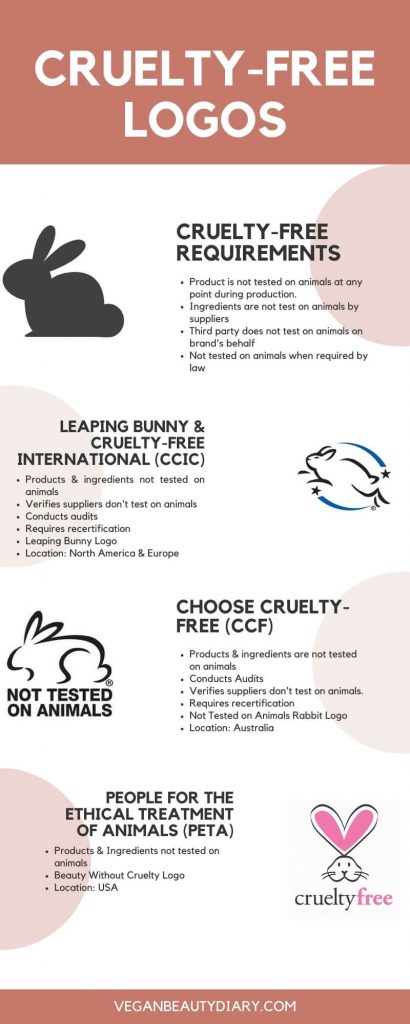
Leaping Bunny & Cruelty-free International
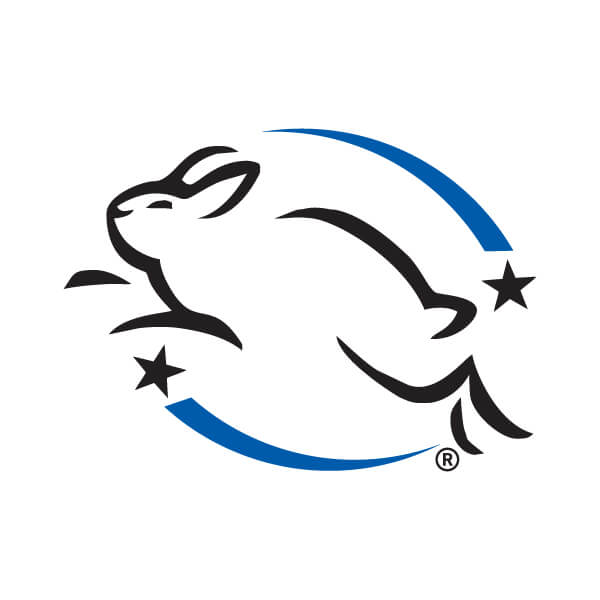
Internationally recognized animal rights organization. Originally founded by several animal rights groups coming together with a mission to help consumers easily shop for animal-friendly products.
PETA (People For The Ethical Treatment Of Animals)
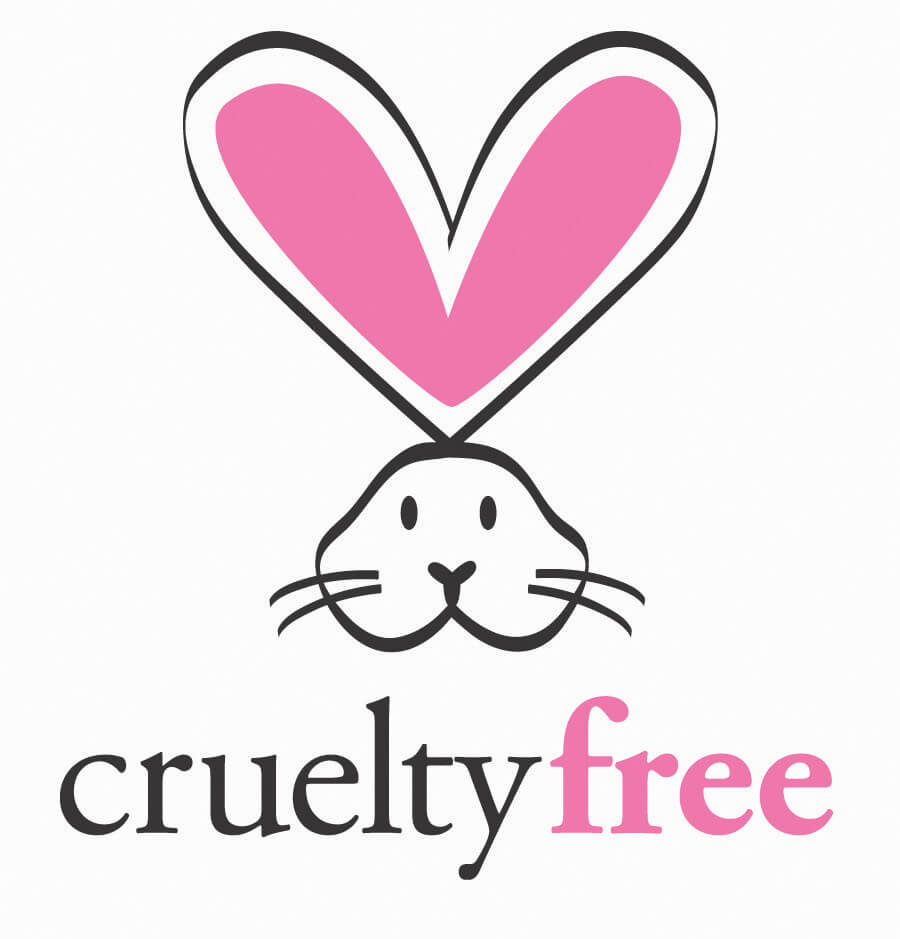
One of the most well-known and largest animal rights organizations in the world. Their mission is to help stop the suffering of animals in a variety of industries, educate the public, investigate animal cruelty accusations, and much more.
Choose Cruelty-Free
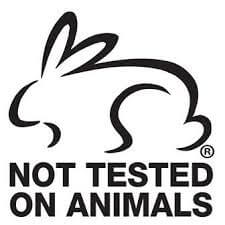
Australian based non-profit organization that actively campaigns to end animal testing in all cosmetic and household products.
Note: All logos are used with the permission of PETA, Leaping Bunny, and CCIC.
How To Support Change
- Stop buying products from companies that test on animals!! Check out my list of brands to avoid.
- Support the companies that are doing the right thing and buy cruelty-free products!
- Share what you have learned with friends and family members so they can be part of the cruelty-free movement!
- Join the cause…donate or volunteer at one of the organizations below to start making a difference today.
Cruelty-Free Organizations
- Cruelty-Free International
- Choose Cruelty-Free
- Leaping Bunny
- PETA
- U.S Humane Society
- Humane Society International
- European Coalition to End Animal Experiments
- Johns Hopkins Bloomberg School of Public Health
- Beagle Freedom Project
- National Anti-Vivisection Society
- New England Anti-Vivisection Society
Ready To Live Cruelty-Free?
After reading this post, I hope you realize why supporting cruelty-free brands is important and why animal testing on cosmetics needs to stop.
There are literally thousands of cosmetics companies that are doing the right thing and deserve our support and money.
For thousands of years, women have found natural ways to make themselves beautiful. I really doubt that Cleopatra gave a random dog a milk bath before she tried it herself.
In this age of technology, there are numerous ways to test the safety of cosmetics without using animals. It’s time for companies to move forward and embrace change.
Sources:
- http://www.hsi.org/campaigns/end_animal_testing/qa/about.html
- https://www.crueltyfreeinternational.org/why-we-do-it/what-animal-testing
- https://www.neavs.org/alternatives/in-testing
- https://www.fda.gov/Cosmetics/GuidanceRegulation/LawsRegulations/ucm074201.htm
- http://www.cosmeticsinfo.org/Regulation-in-eu
- http://www.cirs-reach.com/Cosmetics_Registration/China_cosmetics_regulations_registration.html
- https://www.ncbi.nlm.nih.gov/pubmed/12396676
- https://www.fda.gov/Cosmetics/ScienceResearch/ProductTesting/ucm072268.htm
Now it’s your turn…Tell me your feelings about animal testing? Do you plan on transitioning to a cruelty-free lifestyle? Let me know in the comments below!
📌 Save this for later
